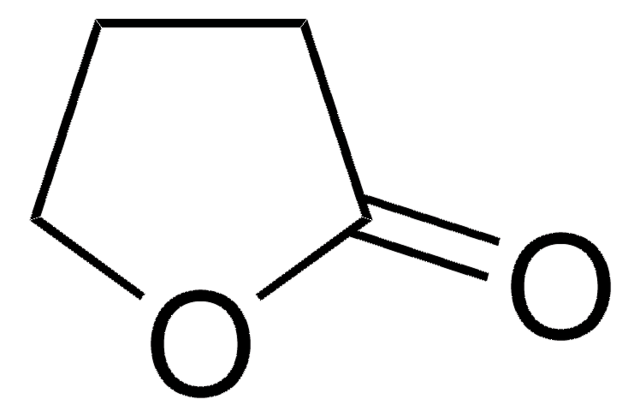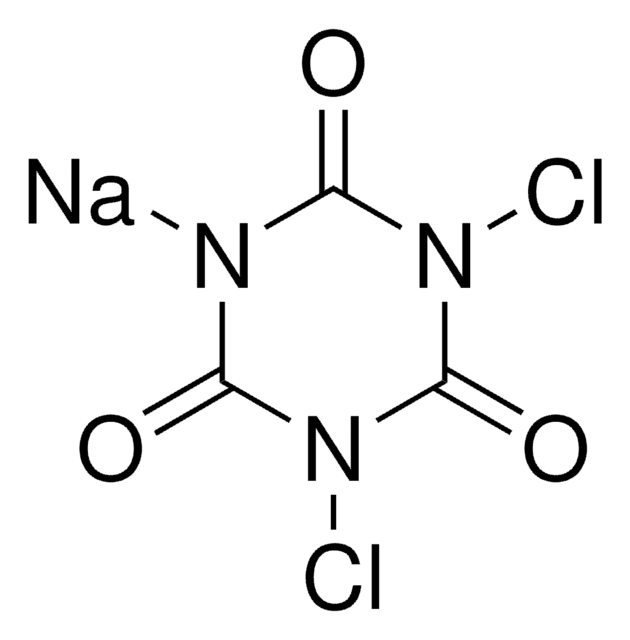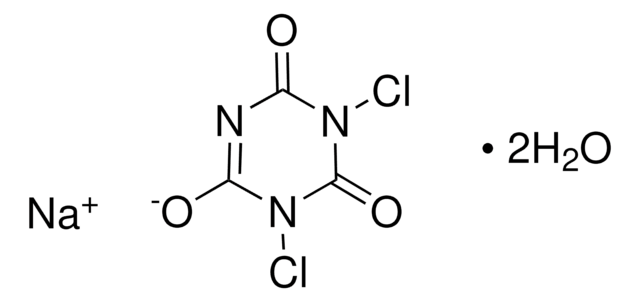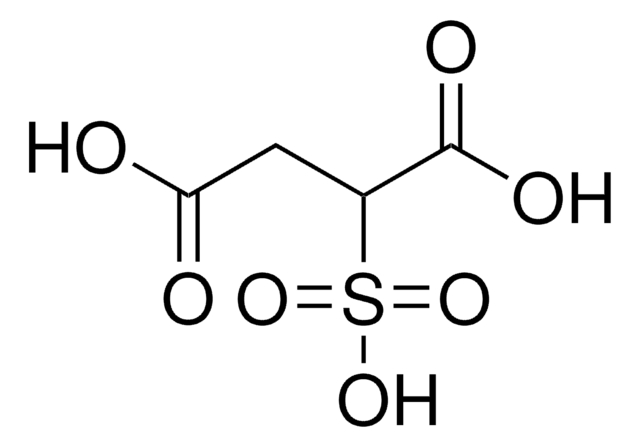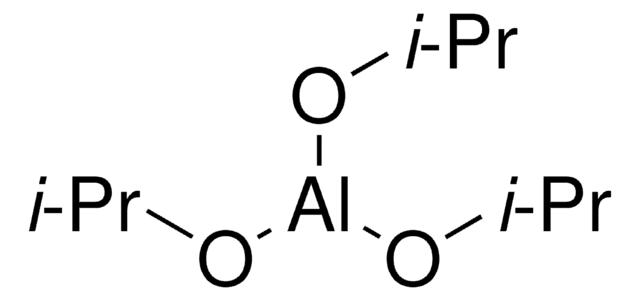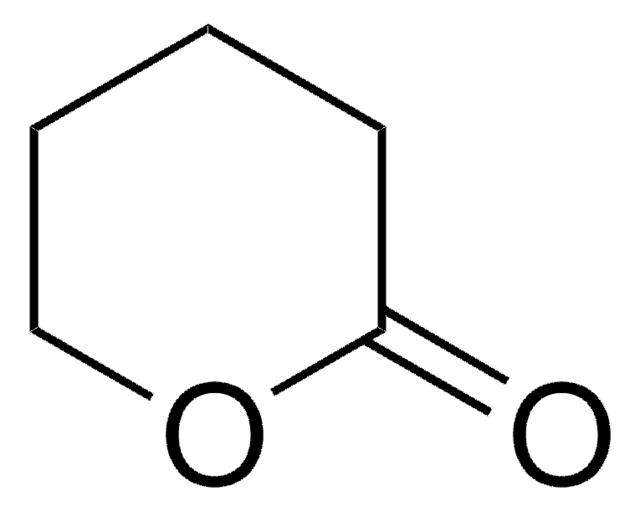219126
β-Butyrolactone
98%
Synonym(s):
beta-Butyrolactone, β-Methyl-β-propiolactone, 3-Hydroxybutyric acid β-lactone, 4-Methyl-2-oxetanone
About This Item
Recommended Products
Quality Level
Assay
98%
refractive index
n20/D 1.411 (lit.)
bp
71-73 °C/29 mmHg (lit.)
mp
−43.5 °C (lit.)
density
1.056 g/mL at 25 °C (lit.)
functional group
ester
SMILES string
CC1CC(=O)O1
InChI
1S/C4H6O2/c1-3-2-4(5)6-3/h3H,2H2,1H3
InChI key
GSCLMSFRWBPUSK-UHFFFAOYSA-N
Looking for similar products? Visit Product Comparison Guide
General description
Application
Signal Word
Warning
Hazard Statements
Precautionary Statements
Hazard Classifications
Carc. 2 - Eye Irrit. 2 - Flam. Liq. 3 - Skin Irrit. 2
Storage Class Code
3 - Flammable liquids
WGK
WGK 3
Flash Point(F)
140.0 °F - closed cup
Flash Point(C)
60 °C - closed cup
Personal Protective Equipment
Choose from one of the most recent versions:
Already Own This Product?
Find documentation for the products that you have recently purchased in the Document Library.
Customers Also Viewed
Chromatograms
suitable for GCsuitable for GCsuitable for GCOur team of scientists has experience in all areas of research including Life Science, Material Science, Chemical Synthesis, Chromatography, Analytical and many others.
Contact Technical Service